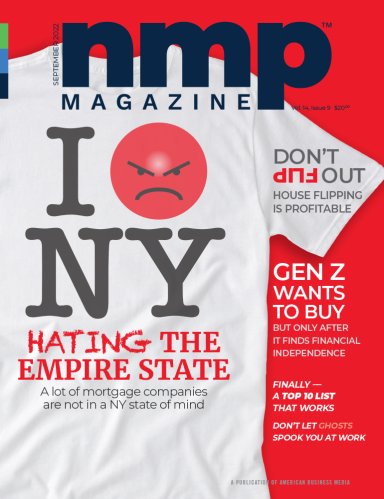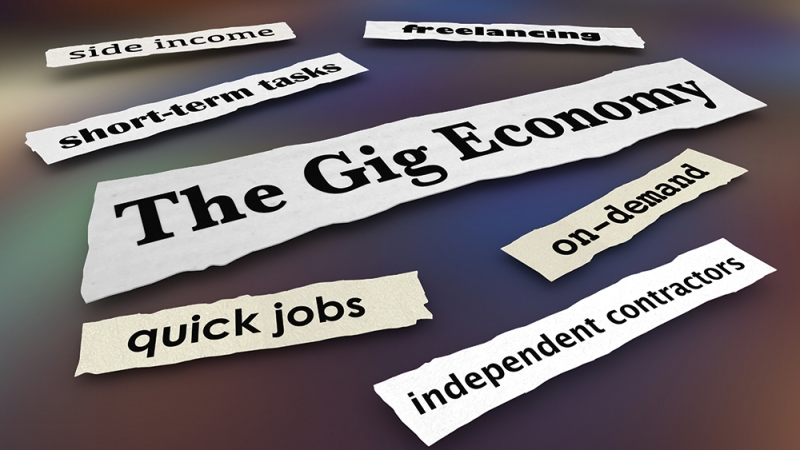Picture this scenario. You attend an event and think you have hooked the perfect client. They are looking for your company’s exact services, they have a feasible timeline and are eager to start working with you, and everything feels like it’s falling perfectly into place. You exchange contact information, send a quick email onsite recapping your conversation and you both agree to discuss the next steps as soon as you have returned from the event.
You hold up your end of the bargain, but all you get in return is radio silence. A week goes by, and then two, and suddenly you’re left wondering if you completely misread the situation. No, you were probably not given phony contact information. More than likely, you’ve been professionally ghosted.
Spotting Ghosts
When most people hear the term “ghosting” they think about not getting a call back after a date but unfortunately, this unsavory practice is starting to permeate into the professional world as well. Like in the dating world, professional ghosting is when a client or professional connection stops responding to any attempts at communication without warning. While this used to be much more common in the world of job recruiting, think applicants not hearing back from companies they have applied for and recruiters getting ghosted by candidates, it is now becoming more commonplace throughout the professional world.












